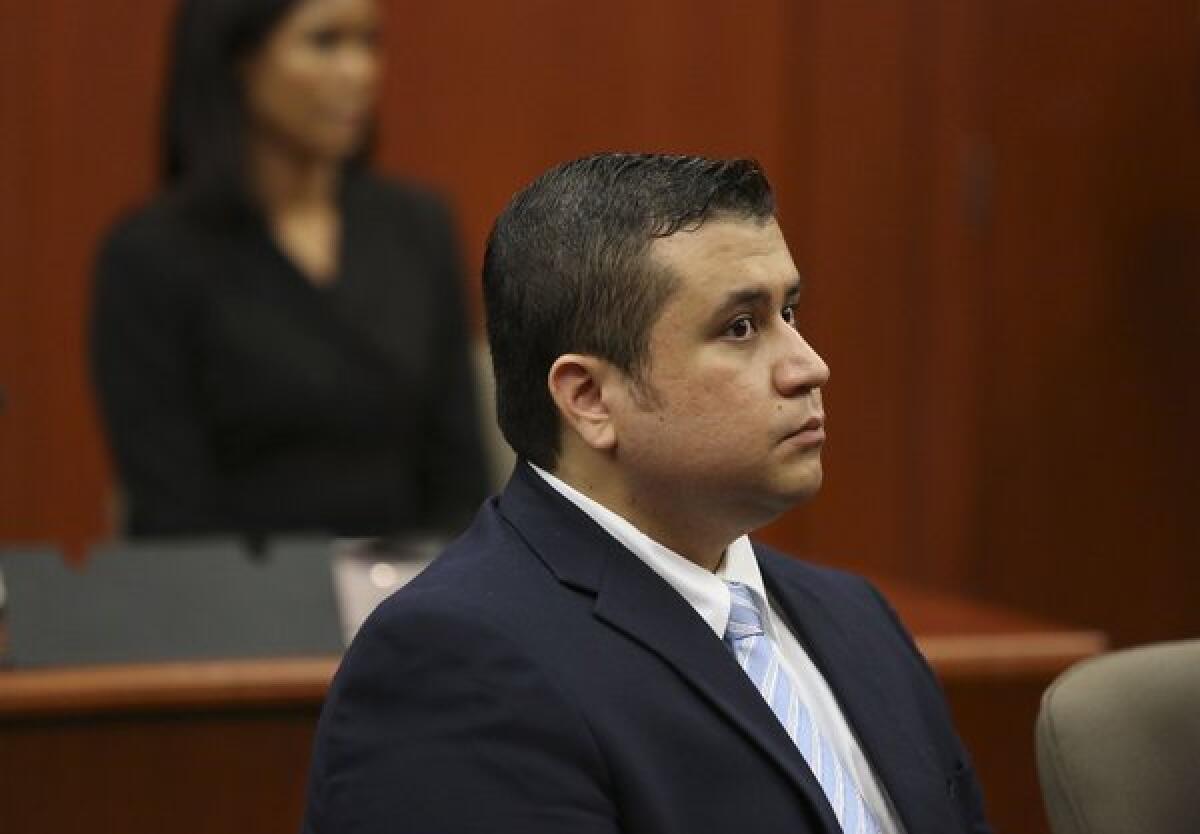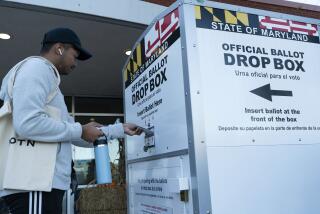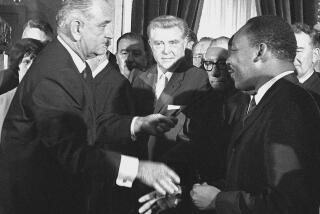Zimmerman jury won’t be 12 men, angry or otherwise

One of things Americans know that just ain’t so (to paraphrase Mark Twain ) is that all juries have 12 members.
Those who tune into the George Zimmerman trial will be disabused of that misconception. The erstwhile neighborhood watch volunteer accused of murdering Trayvon Martin will be tried by a jury of six women, the residue of a selection process that included hundreds of potential jurors. Florida’s use of six-member juries was upheld by the U.S. Supreme Court in 1970.
Another wrong thing that Americans believe about juries is that they have to be unanimous. In some states you can be convicted by a vote of 10-2. But Zimmerman doesn’t have to worry about being convicted by a less than unanimous jury because Florida requires unanimity for conviction. Even if it didn’t, the U.S. Supreme Court ruled in 1979 that “conviction by a non-unanimous six-member jury in a state criminal trial for a non-petty offense deprives an accused of his constitutional right to trial by jury.”
The 6th Amendment to the Constitution provides that “In all criminal prosecutions, the accused shall enjoy the right to a speedy and public trial, by an impartial jury of the state and district wherein the crime shall have been committed.” But it doesn’t specify how big a jury should be (the Supreme Court has said that the 12-member jury is “a historical accident”) nor does it require that juries be unanimous. (Also missing from the amendment: the phrase “jury of one’s peers.”) Interpreting the 6th Amendment has proved to be a surprisingly knotty business for the Supreme Court, especially in cases involving prosecutions in state courts. One justice, the late Lewis Powell, believed that the Constitution required unanimous juries in federal trials but not in state trials.
The size of the Zimmerman jury hasn’t occasioned much controversy, but its racial and ethnic composition has raised some eyebrows. Five of the women are white and the sixth is Hispanic. Tamara Holder, a commentator for Fox News, said the fact that the jury contains no black member is “potentially disastrous,” given the case’s racial overtones. This case should not be about race,” Holder wrote, “but the attorneys’ failure to pick a more diverse group of six people is certain to reignite the issue, especially if the 100% all-female/non-African-American jury finds Mr. Zimmerman not guilty.” This is a twist on the usual argument that an all-white jury is suspect when the defendant is black; here, it’s the victim who was black.
It’s tempting to think that there would be black “representation” on the jury if Florida used 12-member panels, but that’s not clear. There are four alternate jurors: a white man, a Latino man and two white women. (Zimmerman’s lawyers did challenge two black prospective jurors, but according to the Orlando Sentinel he cited non-racial reasons: One was a friend of a witness and had failed to disclose that, and another worked at a church that had aggressively advocated for Zimmerman’s arrest.)
As The Times observed in an editorial, the debate over whether Zimmerman killed Martin in self-defense will continue regardless of what the jury decides. But for some observers, a verdict by 12 of Zimmerman’s peers might have had more credibility than a decision by half that many citizens. Sometimes size does matter.
ALSO:
Why such hysteria over fracking?
Did Obama dis Catholic schools in Belfast?
More to Read
A cure for the common opinion
Get thought-provoking perspectives with our weekly newsletter.
You may occasionally receive promotional content from the Los Angeles Times.







